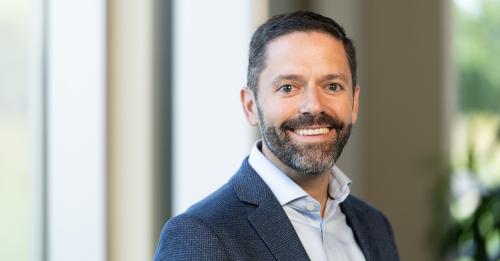Eliminating the fraud on the market doctrine would benefit the small minority of executives willing to cheat shareholders
The US Supreme Court recently agreed to decide a case with major implications for all publicly traded companies. The issue in Halliburton Co. v. Erica P. John Fund, Inc. is whether plaintiffs can continue to bring securities class action suits under the permissive doctrine of ‘fraud on the market.’
That doctrine stems from a 1988 decision called Basic Inc. v. Levinson, and enables plaintiffs to sue for losses they suffered when the company gave the market distorted information, without having to prove each plaintiff relied on the information when purchasing or selling. Not needing to show individual reliance makes suing as a class much easier. Underlying the fraud on the market doctrine is the assumption that markets are efficient and fraudulent information is priced into the stock more or less instantaneously. Thus, once the company releases the fraudulent information, it affects all market participants’ decisions to buy and sell.
The high court’s composition has changed substantially since the Basic decision. Now at least four justices appear willing to overturn it, based on statements in their opinions in the Amgen securities fraud class action case the Court decided last term. The Court upheld the plaintiffs’ victory in that case, but Justice Alito said Basic should be reconsidered, and Justices Scalia, Thomas and Kennedy in their dissents all expressed their dislike of Basic. What will happen to securities fraud cases if the Court does reconsider Basic?
Darren Robbins, a partner with plaintiffs’ securities law firm Robbins, Geller, Rudman and Dowd LLP, cautions that ’eliminating the fraud on the market theory altogether would exponentially increase the cost of litigation to defendants and the system as a whole.’ That’s because meritorious claims might not be able to be efficiently prosecuted on a class-wide basis, but rather would be ‘litigated in mass by numerous different plaintiffs in different venues by different counsel,’ he said.
Because the immediate reaction of many senior executives is that every lawsuit brought is without merit, they not only tend to support legislation or judicial decisions that make it harder to sue but often campaign for such constraints, says Robbins. The Halliburton case resulted from ‘an orchestrated, well-funded campaign by big corporate interests to have the court review the fraud on the market doctrine,’ and when the case is heard on the merits, he says he expects to see as many as a dozen business groups filing coordinated briefs.
The corporate focus on limiting securities fraud cases is misplaced in Robbins’ view, because, by his estimation, 98 percent of corporate executives act with great integrity and don’t put their companies at risk. He notes the irony that this case was brought before the Court ‘by an entity that has repeatedly been alleged to have violated applicable labor, FCPA and environmental laws.’
Robbins sees the fraud on the market doctrine as even more relevant today than when first adopted 25 years ago due to the ease with which market information is disseminated thanks to the Internet and the advent of programmed computer trading.
If the doctrine is eliminated, Robbins believes it would amount to ’a judicial subsidy or competitive advantage’ to ‘the small minority of corporate executives who are willing to lie, cheat or steal’, at the expense of ‘the vast majority who do not commit securities violations.’ Nonetheless, Robbins is sanguine that completely overturning Basic is too heavy a lift for even the current Supreme Court.
Despite heavy lobbying by business groups, the Court will be hard pressed to ignore decades of jurisprudence (including existing Supreme Court precedent), economic reality, and basic notions of fairness, says Robbins.
By June it will be clear whether or not Robbins’s prediction has been validated. How the consequences will play out if he’s wrong will take substantially longer.








